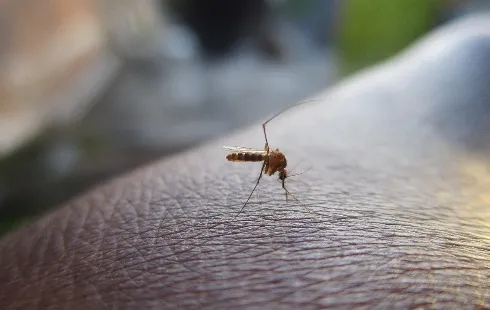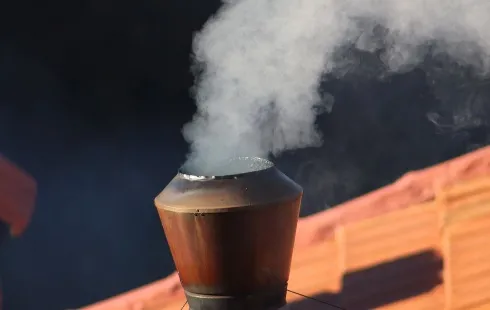
Inside the Conclave: 10 Fascinating Facts About the Secretive Process to Elect a New Pope
Section: Politics
On April 15, 2025, the World Banana Day spotlighted concerns surrounding the popular fruit in Austria, where each individual consumes approximately 16 kilograms of bananas annually, making it the favorite fruit ahead of apples and oranges. However, the banana industry faces a significant threat from the Tropical Race 4 fungus, which is increasingly affecting bananas cultivated in monocultures. Traditional chemical interventions have proven ineffective against this menace.
Lisa-Maria Krasa, an agricultural technician with GLOBAL 2000, recently returned from an inspection trip to Sullana, Peru, where she assessed the organic banana plantations in partnership with the Rewe Group. She noted that organic farming practices promote healthier soil and utilize organic fertilizers, while also diversifying crops by integrating mango and lime trees. This approach enhances the resilience of the plants against diseases.
During her inspection, Krasa meticulously reviewed documentation, collected leaf samples, and engaged with local producers to verify the types of pesticides employed. The standards governing organic banana cultivation are notably strict. Instead of relying on harmful chemicals, organic farmers use natural solutions such as tea tree and orange oils, insect traps, and more resilient plant varieties. While this method is labor-intensive, it is deemed more sustainable and healthier than aerial pesticide applications that blanket large areas.
Historically, bananas are a diverse crop, with dessert bananas, which dominate consumer markets, representing less than one-third of total global banana production. The majority, approximately 70%, consists of cooking bananas, which are irreplaceable in the diets of many communities. However, cooking bananas are also vulnerable to the Tropical Race 4 fungus, potentially leading to dire consequences.
Krasa emphasized that extensive monocultures create ideal conditions for fungal outbreaks. The reliance on genetic engineering as a potential solution carries substantial risks, especially given the ineffectiveness of chemical treatments. She advocates for a shift towards biological and diversified agricultural practices as the sustainable path forward.
Reflecting on past agricultural challenges, Krasa pointed out that a similar fungus devastated the Gros Michel banana variety in the 1960s, which was the dominant type on the market at that time. The Cavendish banana subsequently took its place, yet it is now facing similar threats six decades later.

Section: Politics

Section: Health

Section: Health

Section: Politics

Section: Business

Section: Science

Section: Politics

Section: News

Section: News

Section: Politics

Health Insurance in Germany is compulsory and sometimes complicated, not to mention expensive. As an expat, you are required to navigate this landscape within weeks of arriving, so check our FAQ on PKV. For our guide on resources and access to agents who can give you a competitive quote, try our PKV Cost comparison tool.

Germany is famous for its medical expertise and extensive number of hospitals and clinics. See this comprehensive directory of hospitals and clinics across the country, complete with links to their websites, addresses, contact info, and specializations/services.

Join us for an exciting evening of jazz at the EMMAUSKIRCHE on Sunday, May 25, 2025, from 19:00 to 20:30. Experience fresh sounds from the talented young jazz quintet led by Anton Sigling from Harlaching. This group features award-winning musicians from the Federal Competition 'Jugend jazzt' and...
No comments yet. Be the first to comment!